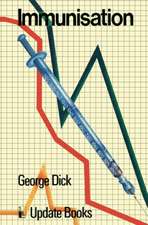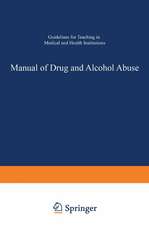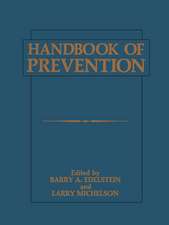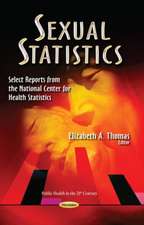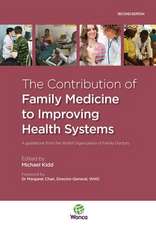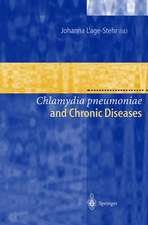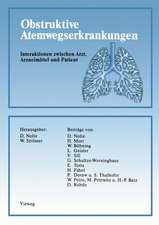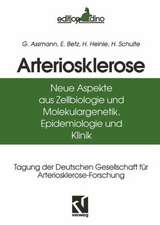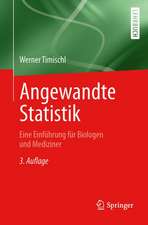A Historical Introduction to Mathematical Modeling of Infectious Diseases: Seminal Papers in Epidemiology
Autor Ivo M. Foppaen Limba Engleză Paperback – 23 oct 2016
With pointed questions, prompts, and analysis, this book helps the non-mathematician develop their own perspective, relying purely on a basic knowledge of algebra, calculus, and statistics. By learning from the important moments in the field, from its conception to the 21st century, it enables readers to mature into competent practitioners of epidemiologic modeling.
- Presents a refreshing and in-depth look at key historical works of mathematical epidemiology
- Provides all the basic knowledge of mathematics readers need in order to understand the fundamentals of mathematical modeling of infectious diseases
- Includes questions, prompts, and answers to help apply historical solutions to modern day problems
Preț: 363.00 lei
Preț vechi: 423.62 lei
-14% Nou
Puncte Express: 545
Preț estimativ în valută:
69.47€ • 71.77$ • 57.82£
69.47€ • 71.77$ • 57.82£
Carte tipărită la comandă
Livrare economică 18 martie-01 aprilie
Preluare comenzi: 021 569.72.76
Specificații
ISBN-13: 9780128022603
ISBN-10: 0128022604
Pagini: 214
Dimensiuni: 152 x 229 x 15 mm
Greutate: 0.32 kg
Editura: ELSEVIER SCIENCE
ISBN-10: 0128022604
Pagini: 214
Dimensiuni: 152 x 229 x 15 mm
Greutate: 0.32 kg
Editura: ELSEVIER SCIENCE
Public țintă
Professional epidemiologists, graduate and postgraduate students in epidemiologyCuprins
1. D. Bernoulli: A pioneer of epidemiologic modeling (1760)2. P. D. En’Ko An early transmission model (1889)3. W.H. Hamer (1906) and H. Soper (1929): Why diseases come and go4. W. O. Kermack and A. G. McKendrick: A seminal contribution to the mathematical theory of epidemics (1927)5. R. Ross (1910, 1911) and G. MacDonald (1952) on the persistence of malaria6. M. Bartlett (1949), N.T. Bailey (1950,1953) and P. Whittle (1955): Pioneers of stochastic transmission models7. O. Diekmann, J. Heesterbeek, and J. A. Metz (1991) and P. Van den Driessche and J. Watmough (2002): The spread of infectious diseases in heterogeneous populations



